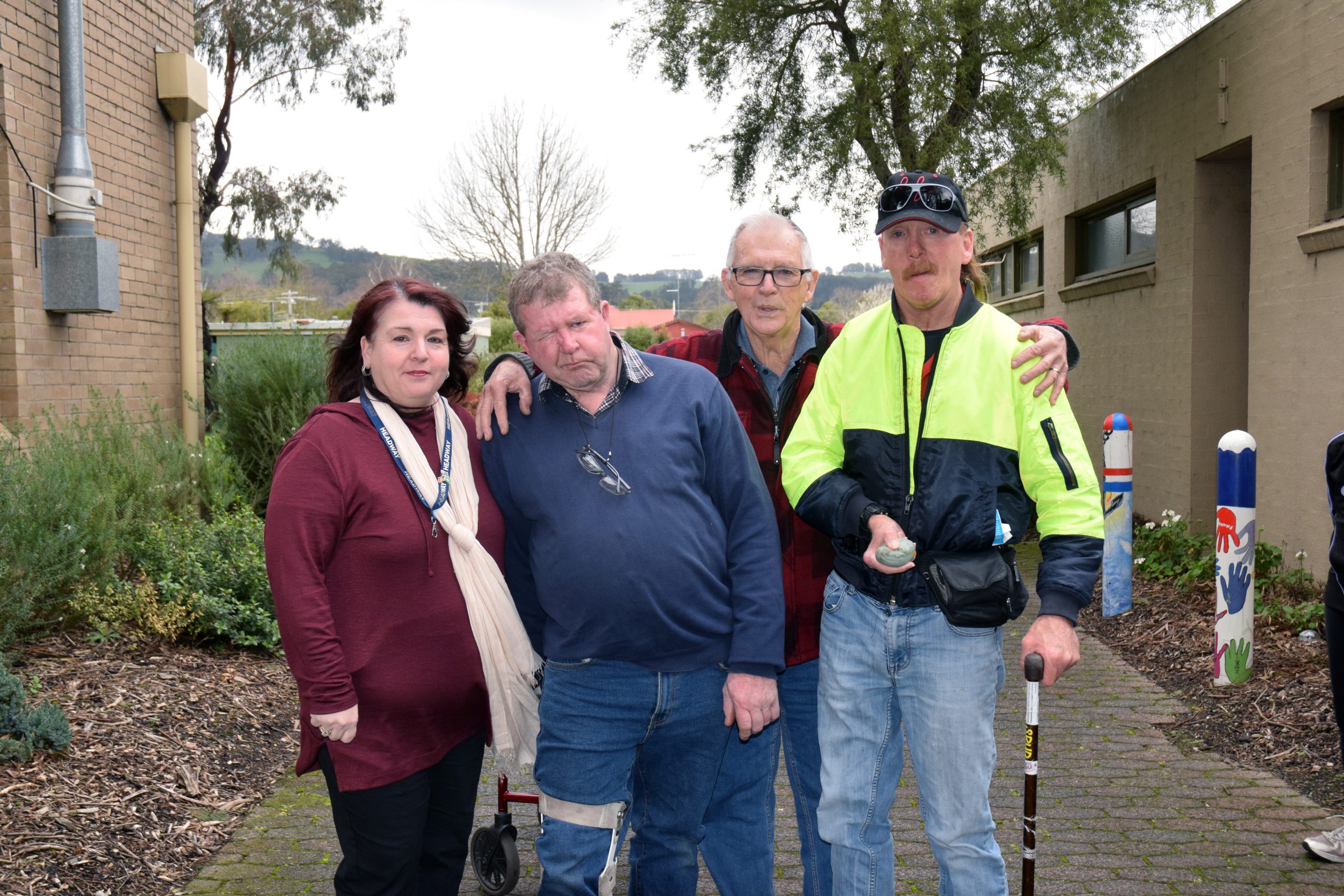Heidi Kraak
It was a regular trip to work in Morwell that changed Bill Francis’ life forever.
With no memory of what happened, Bill woke up in the Alfred Hospital and was told he had been in a car accident involving a semi trailer filled with bricks and been hit on the head by some of the bricks.
In rehabilitation for six months, Bill had to relearn how to speak and write.
“It was very embarrassing sometimes to what it was, to what it is now,” he said.
“I can write my name but to write a story – I can’t. I know the words but I can’t write it.”
No longer embarrassed about the impacts of his injury, 71-year-old Bill has been attending an acquired brain injury support group operated by Headway since about 1988. “But I am lucky now, I feel in a way with life, I’m into my 70s, I’ve got six grandchildren, two daughters and two sons … and I’m happy and enjoying life and I want everybody to be happy,” he said.
“I really enjoy the support group. It’s not easy, but that is life and I used to be embarrassed about it, but now I’m not.”
Headway Trafalgar social support program coordinator Nuray Ardolli said it was important for community members not to make assumptions about people who may have acquired brain injuries.
“As you will see, a lot of the members present quite regularly and it is what we call the invisible disability because the impairment is in the brain,” she said.
“They are physically great. They can have a conversation but once you turn around and look back at them, some of them won’t have that memory of that conversation.
“When they don’t have the physical disability, I think the perception for most people is ‘oh, look at them waddling down the street. They have been on drugs or they have been alcohol-affected’ and not realising that there is something more happening for that person.”
Ms Ardolli said it was easy for community members to pass judgement and said the group had been canvasing around the Latrobe Valley to raise awareness of acquired brain injuries in the lead up to Brain Injury Awareness Week which runs from August 20 to 26.
“Just because someone doesn’t look like they are able to walk straight and do things, it doesn’t necessarily mean they are affected by drugs or alcohol.
“Take the time and observe them. If you see that they are struggling, just say ‘are you ok?’
“My 11 years with this group has taught me to take that time to stop and listen.”
For more information about the support group, visit headwaygippsland.org.au.











